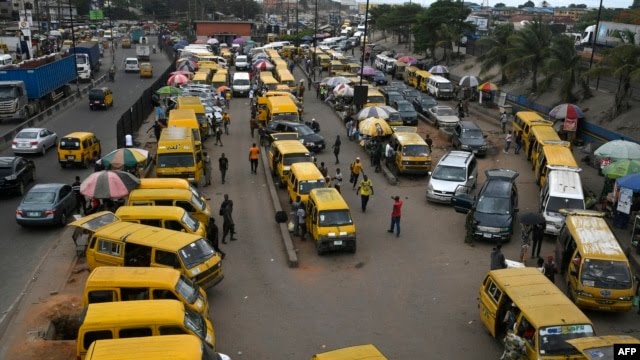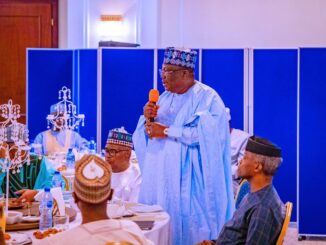
• Tinubu calls for minimum wage review
Nigeria Labour Congress (NLC), the country’s main labour union has said that it plans to go on strike from Wednesday, June 7, 2023, to protest against a tripling of fuel prices.
The strike action may be the first big test for new President Bola Tinubu after he announced the scrapping of a costly fuel subsidy after his inauguration on Monday, May 29.
The price increase has led to a sharp rise in transport fares, even Bolt, an Estonian mobility company that offers ride-hailing, micro-mobility rental, food and grocery delivery, said it had hiked its prices in Nigeria, citing increased operating costs due to higher fuel prices.
Nigeria’s fuel subsidy cost the government billions of dollars annually but was popular as it helped keep prices low in Africa’s biggest oil producer, which is still grappling with high poverty rates among residents.
The Nigerian Bureau of Statistics says 63% of people living in Nigeria are poor while the World Bank said in a report last year that as many as four in 10 Nigerians live below the national poverty line.
The government said lifting the subsidy – which caused prices to rise to N557 per litre from N189 at the petrol pumps – will help alleviate a government funding crisis.
But NLC president, Joe Ajaero, after an emergency meeting of the union’s executive council in Abuja, said the state oil company NNPC should reverse the price hike.
ALSO READ: Tinubu appoints Gbajabiamila as Chief Of Staff, Akume, SGF, Hadejia DCoS
“The Nigeria Labour Congress decided that if by Wednesday next week that NNPC, a private limited liability company that illegally announced a price regime in the oil sector, refuses to revert itself for negotiations to continue, that the Nigeria Labour Congress and all its affiliates will withdraw their services and commence protests nationwide until this is complied with,” Ajaero said.
In 2012, a wave of strikes ensued when Nigeria tried to introduce a similar measure, with authorities eventually reinstating some subsidies. Tinubu, then in the opposition, was among those who opposed ending the subsidies, Reuters said.
On Friday, the president said Nigeria needs to review its minimum wage of N30,000 ($65).
“We need to do some arithmetic and soul searching on the minimum wage,” he told the ruling party state governors at his offices in Abuja, adding that revenue collection should be strengthened.




